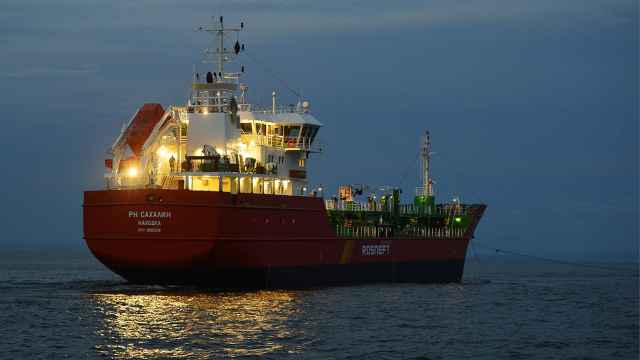SOPOT, Poland — Seeking renewable energy to meet EU recommendations and cut dependence on Russian energy imports, Poland is looking to offshore wind farms as part of the answer.
The government has granted 14 licenses for development of wind farms on the Baltic Sea and will review more than two dozen more this year, Transportation Minister Slawomir Nowak said late last week at an energy conference in the Baltic resort of Sopot.
Nowak said northern Poland could be the nation’s energy hub and exporter, as wind, nuclear, liquid and shale gas projects are being pursued in the region.
Poland is overly reliant on Russia for its energy, importing nearly 70 percent of its gas and 90 percent of its crude oil from its historic foe, which has used energy as a political tool.
The two countries share a difficult history, including decades of Soviet control over Poland during the Cold War. Now, the Polish government is trying to decrease Russia’s control over its energy market and at the same time meet European Union recommendations to increase renewable energy sources by 2030.
Poland is also phasing out coal production to meet goals to reduce carbon emissions. Nowak said legislation is being amended to allow floating wind farms to be installed in the Baltic Sea, where wind conditions are “very good.”
There is no opening date for the first farm because experts need to test their possible effects on the environment. They also must convince residents and fishermen that artificial islands on the Baltic will offer new workplaces and won’t ruin the region’s fishing industry or its value for vacationers.
So far, five of the license holders have paid their fees to the state, 90 million zlotys ($29 million) in all.
A Message from The Moscow Times:
Dear readers,
We are facing unprecedented challenges. Russia's Prosecutor General's Office has designated The Moscow Times as an "undesirable" organization, criminalizing our work and putting our staff at risk of prosecution. This follows our earlier unjust labeling as a "foreign agent."
These actions are direct attempts to silence independent journalism in Russia. The authorities claim our work "discredits the decisions of the Russian leadership." We see things differently: we strive to provide accurate, unbiased reporting on Russia.
We, the journalists of The Moscow Times, refuse to be silenced. But to continue our work, we need your help.
Your support, no matter how small, makes a world of difference. If you can, please support us monthly starting from just $2. It's quick to set up, and every contribution makes a significant impact.
By supporting The Moscow Times, you're defending open, independent journalism in the face of repression. Thank you for standing with us.
Remind me later.





